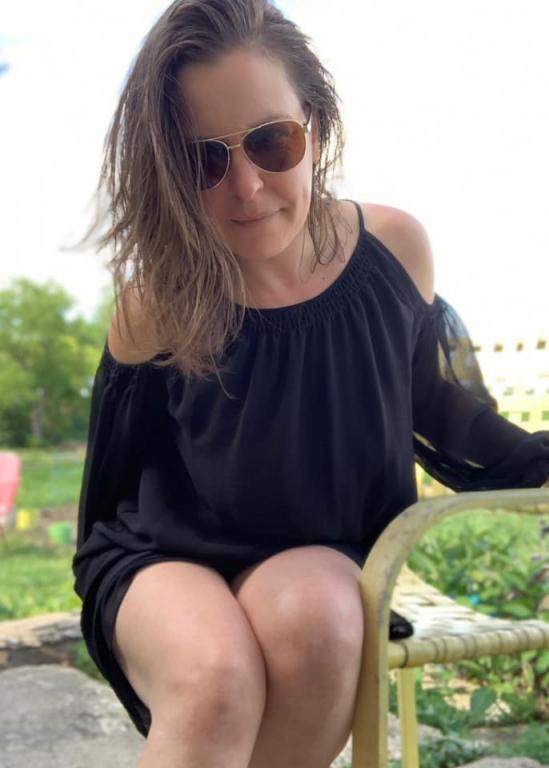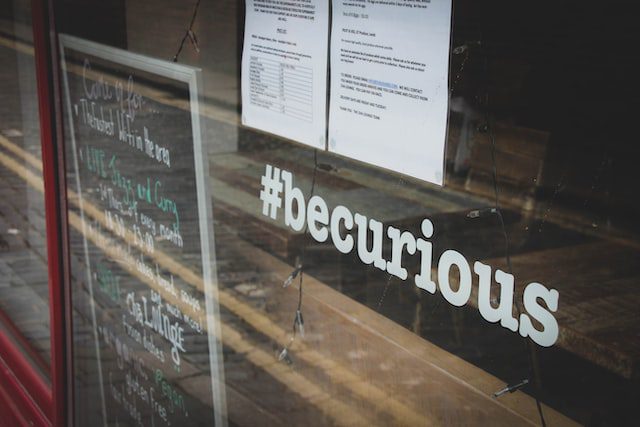
I have an affinity for those who take a huge leap of faith and reveal themselves so transparently that initially, it seems like over-exposure. We all know people that we call “over-sharers.” They are the people who tell you their whole life story in the first 5 minutes you meet them and leave you feeling honored by the authenticity and awkwardly responding with sound effects instead of audible words. I particularly enjoy watching them overshare with others. I like to see how the recipient receives the massive collision of connective information. Most people don’t know how to respond.
The people who are willing to show you their scars before things get too concrete are the people we should rejoice to know. They know they have led lives of imperfection (who hasn’t?). They let you know how many times they have screwed up to get where they are now. They want you to know there is a story with chapters upon chapters of background that shaped and influenced their values in the now. These are the people who tell you in their own language, by their own invitation, that they will let you know them. And they present an offering to demonstrate this intention of intimacy: they reveal parts of their past, so you know they won’t judge you if you reveal parts of your past.
This level of transparency is the anti-status quo. That’s why so many people find it odd or awkward or even taboo. In a world where we put on false appearances and fake advocacy for activism, where we present only the most filtered sense of who we are accompanied by bible verses or Marxist quotes; in a world that demands superficiality and civilized decorum, this level of a vulnerability is a refreshing breath of cool, purified air. We should welcome it, instead, we shun it, shame it, and repeat the juicy gossip of a personal and divine revelation. Authenticity is a Kingdom practice.
Authenticity is a natural disposition of humans. Children are blatant and blunt. They say everything they think and ask all the questions without concern to whether it’s an appropriate question to ask. We teach our children to silence the impulse to speak bluntly and ask fearlessly. As we mature, we learn more and more about the importance of reservation of opinion. We are influenced by societal guidelines for how to interact with one another and slowly we erode that natural impulse to want to blurt out what we feel or think or say what’s on our mind or ask the questions that others dare not ask.
We are then thrust into relationships with meager communication skills as it is and have to learn how to peel back layers to reveal the depths of our souls to one another. We must dance around the conformist decorum of proper, inclusive, politically correct communicative methods and, as a result, we fail profoundly at an intimate connection. If we are too fearful of how offensive our words can be, we opt to say as little as possible.
So, when a person does have the gumption to reveal the naked truth of themselves, we gasp and drop our jaws. We ask, “Why would anyone tell a stranger that?” We assume they must just want attention or pity. Perhaps it’s just that some people are more willing to take a chance and share truth because the same will be reciprocated. And then, if only for a moment, we can see each other as God sees us.
I can’t help but see the practices of Jesus at work in people like this. It reminds me of Jesus revealing his scars to Thomas. Even though Jesus was resurrected, he still had the scars. It tells me that even when we experience transformation, we keep the wounds of our past with us— not to cling to the pain or suffering that those wounds caused. More so because those wounds make us who we are. Our wounds become whole internally, the markings don’t need to heal as proof that we have been fully restored.
Becoming whole isn’t about removing the marks of our past, it is about living into those experiences and growing out of them, transforming a seed into a sprout. I believe the people who are most revealing of their wounds and skeletons in their closets are the ones who have found a path to growing and healing. They are simply inviting us to see the journey as a healing process instead of comparative narratives of superficiality and surface-level irrelevance.
It doesn’t have to be town gossip or headline news if someone reveals too much or makes a mistake or says something without thinking. Are we not called to love others as we love ourselves? Are we not called to love our neighbor and our enemy as we love ourselves? We love one another by showing each other who we are underneath all the skin and labels. When we are willing to share our wounds with one another without judgment and without comparison, when we can take the competition out of the connection process, that is when we will truly bring the Kingdom to earth.
















